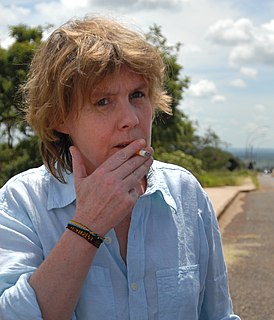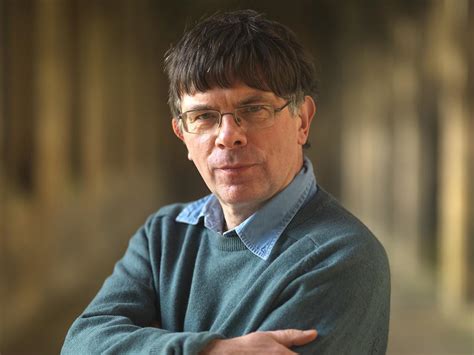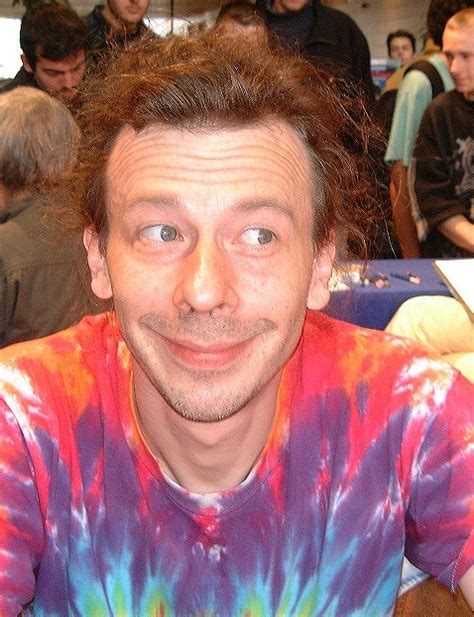A Quote by John Greenleaf Whittier
God fills the gaps of human need, Each crisis brings its word and deed.
Related Quotes
The theology of the hammer embraces wholeheartedly the idea that the love of God and love of man must be blended. The word and the deed must come together. One without the other is devoid of meaning … As the deed gets closer to the word, God gets closer to us. The results are always wonderful — and sometimes spectacular!
Each of those churches shows certain books, which they call revelation, or the Word of God. The Jews say that their Word of God was given by God to Moses face to face; the Christians say, that their Word of God came by divine inspiration; and the Turks say, that their Word of God (the Koran) was brought by an angel from heaven. Each of those churches accuses the other of unbelief; and, for my own part, I disbelieve them all.
The gaps are the thing. The gaps are the spirit's one home, the altitudes and latitudes so dazzlingly spare and clean that the spirit can discover itself like a once-blind man unbound. The gaps are the clefts in the rock where you cower to see the back parts of God; they are fissures between mountains and cells the wind lances through, the icy narrowing fiords splitting the cliffs of mystery. Go up into the gaps. If you can find them; they shift and vanish too. Stalk the gaps. Squeak into a gap in the soil, turn, and unlock-more than a maple-universe.
We are not to make the Torah into God Himself, nor the Bible into a "paper pope." The Bible is only the result of the Word of God. We can experience the return of the Word of God in the here and now, the perpetual return of the actual, living, indisputable Word of God that makes possible the act of witnessing, but we should never think of the Bible as any sort of talisman or oracle constantly at our disposal that we need only open and read to be in relation to the Word of God and God Himself.
Christianity began with 120 in the Upper Room, within three centuries it had become the predominant religion of the Roman Empire. What brought this about? The answer is deceptively simple, while Christianity was being presented to unbelievers in both Word and deed, it was the deed that far exceeded the Word in evangelistic effectiveness.







































